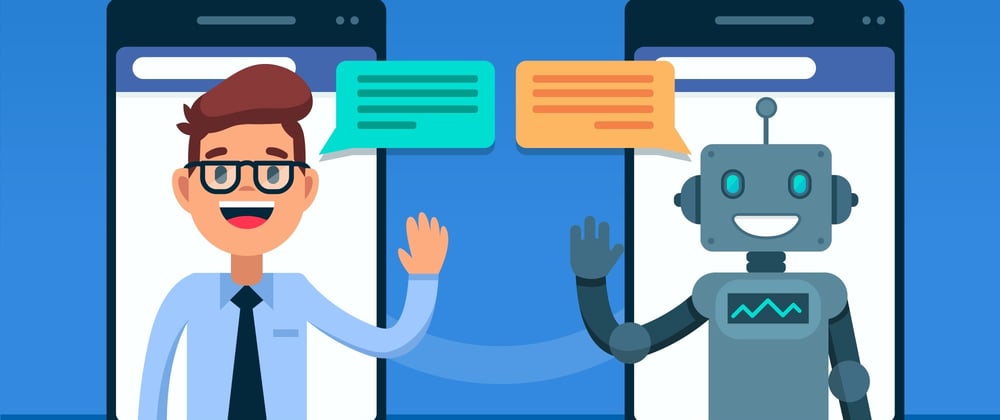Yesterday I was one of the speakers at BlockChain-Fest in Limassol/Cyprus, apparently with 3,500 viewers, including those watching it being streamed online, and I got to talk about Magic, Aista, and of course software development automation - A subject I'm obviously extremely passionate about.
As I pondered the philosophical implications of this, I started asking myself what my original motivations for creating Magic really was, and I remembered back some 20+ years ago how I was "searching for perfect code".
20 years ago, regardless of how hard I tried, I could never create "perfect code". This became almost like an OCD obsession for me, wanting to improve myself, and what I produced, to the point where I'd mercilessly refactor everything, over and over again, looking for "perfect code". It almost felt like a mission from God for me.
Today of course I can create 100% perfect code, and I can produce millions of lines of perfect code, in one second. Simply because I'm no longer creating the code, but I've outsourced the actual coding to the machine through Aista Magic Cloud. This made me realise that today one of the most common phrases a chat bot is hearing from the other party is as follows ...
Could I speak to a human?
My bet is that 5 years from now the roles will be reversed, and the most common question a human being on the other side of a chat module will hear is ...
Could I speak to a machine please?
Hyperlambda fundamentally changes the way we as a specie interact with the machine, simply for no other reasons than the fact of that it becomes a "bridge for transferring logos" between the homo sapiens in one end, and the silicon based machine in the other end. To realise why and how is to realise that Hyperlambda is the only programming language on the planet that the machine can understand, transform, and semantically edit - Also after its initial inception. This results in self evolutionary iterations, where the program can by itself enter self sustained evolution, modifying itself, based upon input from its environment. Of course, explaining this to a humanoid, still searching for a method to (manually) create "perfect code" is really quite futile ...
Anyways, if you want to see my talk from yesterday, I've included it below.



















